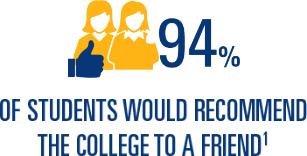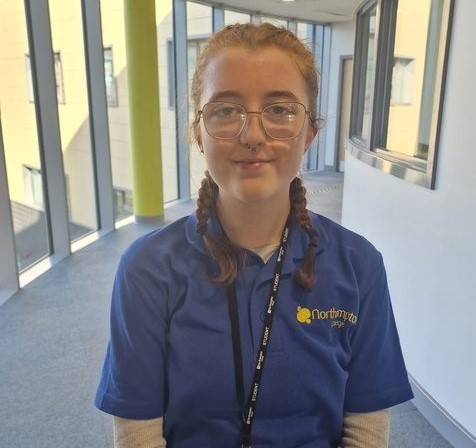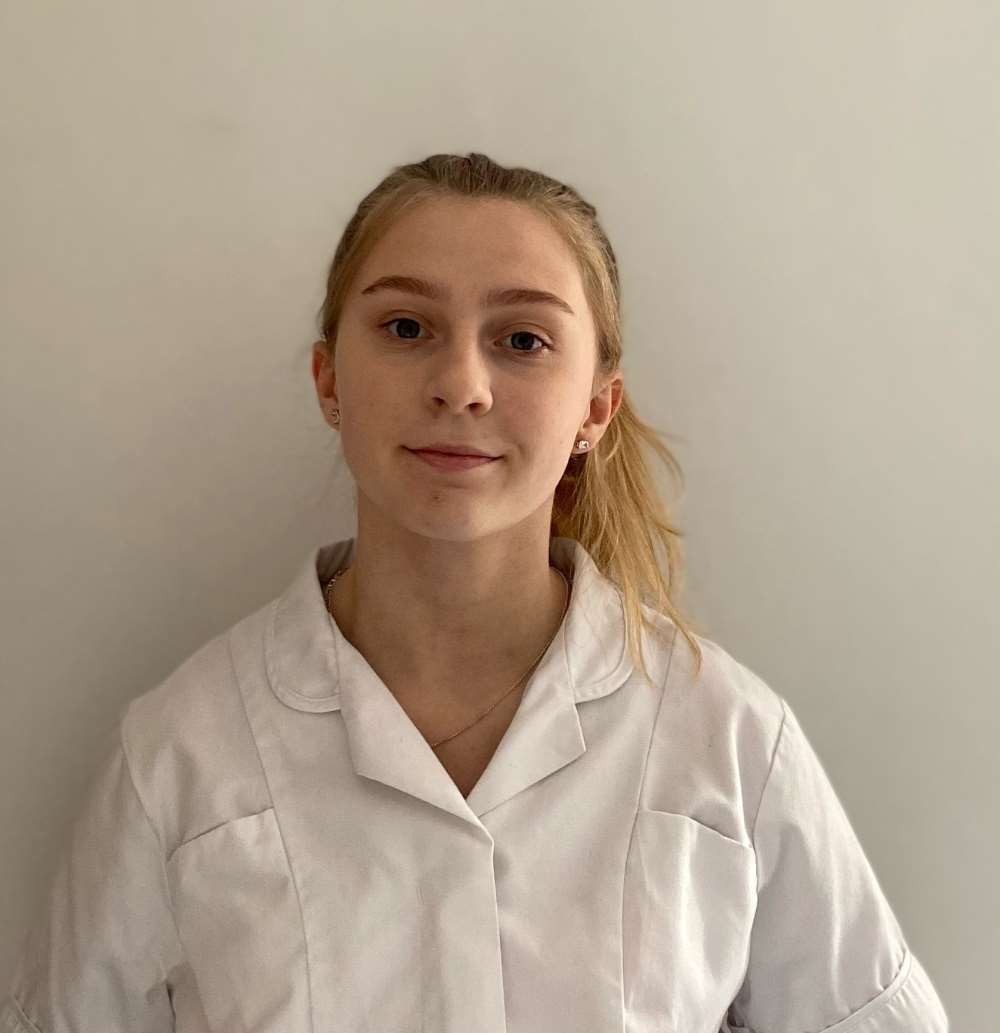The student will develop skills and an in-depth understanding of health, including areas such as Human growth and development, Psychology, Communication Skills and infection prevention and control.
The method of learning is by class based activity, project work and research, including work placements.
Work experience: one day per week plus block weeks per year including Day centres, nursing homes, special schools. Performance in placement acts as evidence for vocational practice. You will need to gain clearance from the Disclosure Barring Service (DBS).




